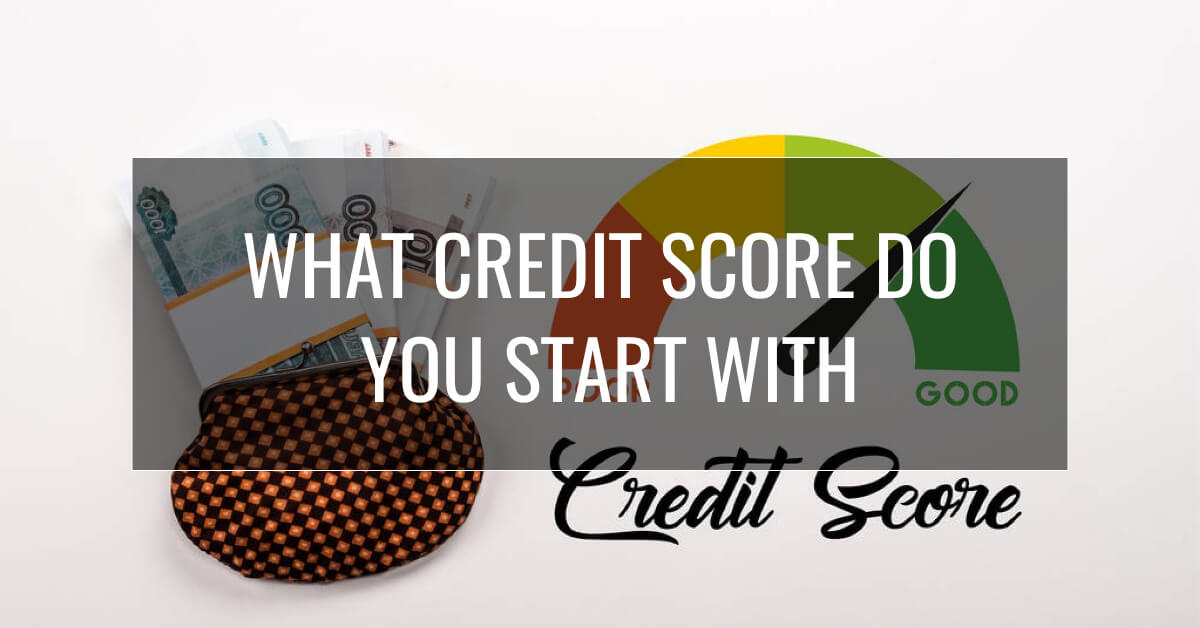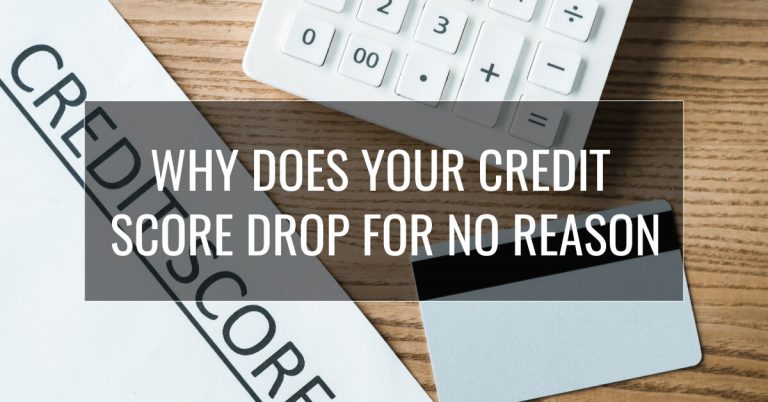Are you just starting to build your credit profile and want to know what the starting score is?
Credit scores are an essential factor that helps creditors evaluate your profile and background.
They use these scores as a basis if the person should be granted a loan, how much interest they will put, and what the terms will be.
So, it’s crucial to your financial life, especially if you are planning to apply for a loan.
In this article, I will discuss what your credit score will be as a beginner and how you can increase it.

How Do Credit Scores Work?
Building your credit most likely means that you haven’t had any personal loans or applied for credit cards.
If that’s the case, there will be no credit history to use as a basis to calculate your score, and you won’t have a score, to begin with.
However, you can establish a starting score, and it will depend on how you will use your credit.
You will have to start by opening credit accounts from any credit card company, applying for loans such as student loans, and paying your bills on time.
Then, you can use your lines of credit to purchase a financial product.
Once you have already used your credit card accounts, you will start to have a score that will depend on your credit activity.
If you are a good payer that always gives on-time payments for your credit card debt, you will get a positive credit history and a fair credit score.
When you do, your credit limit increases, and you will be able to apply for larger amounts of credit applications.
On the other hand, not giving your payments on time can result in bad credit.
Late payments can significantly impact your credit health and have other negative effects on your financial life.
According to Equifax, an excellent credit score ranges from 800 and up.
However, it can take some time to establish that, and the excellence of the score will depend on the credit scoring model.
People usually start with a low score which is 300, then as they do good with their credit journey and perform great credit habits, their scores can go up over time.
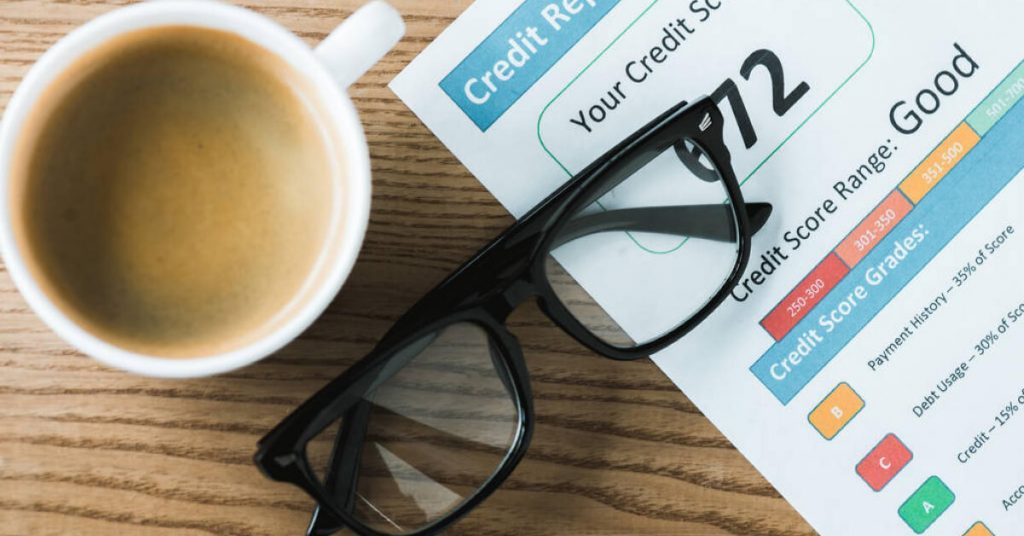
Different Credit Score Ranges
To be guided on what score you should aim for, I will provide you with the different score ranges.
There are various credit score models, but here is one from FICO.
- Poor Score: 300-579
- Fair Score:580-669
- Good Score: 670-739
- Very Good Score: 740-799
- Excellent Score: 800 and up
Building credit from scratch can be challenging.
But to increase credit ranges, you just have to get the financial item you want, such as a cell phone, laptop, or anything, and make consistent payments.
You need patience and responsibility. In addition, try to have good credit behavior and aim for the perfect credit score as much as you can.
The higher your score, the higher your limit will be and the more benefits you will receive.
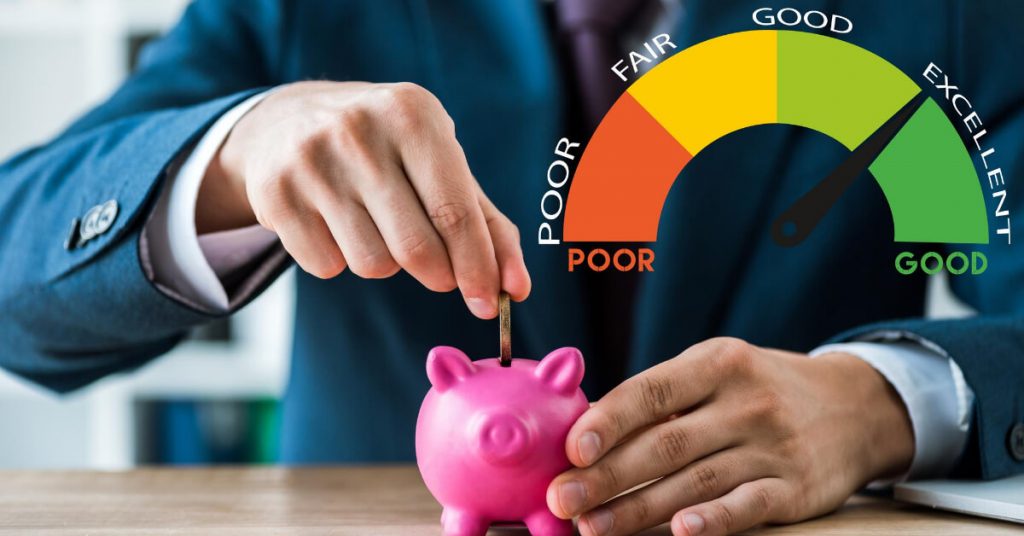
Importance of Reaching Excellent Scores
Creditors usually send reports to major credit bureaus.
Having great credit reports from them and maintaining excellent scores are not only necessary for first-time credit purchases.
A high score range will also benefit you in several other ways.
The following are the things you will benefit from if you open a credit card and maintain a definitive score.:
Get Approved in Loans
Applicants without credit history and great scores might be able to get loan approvals.
However, the loan amount won’t be that high.
There are variations in credit score, and it’s not always easy to achieve an excellent one.
But when you do, you’ll have higher chances of getting approved with your loans and have a higher limit.
Get Better Interest Rates
If you end up with a bad credit score, you still have chances of getting credit approvals.
However, since there’s a credit risk, your chances are low, and even if you manage to get a loan, the interest will be higher than normal.
Besides that, your interest rate can also vary in what you choose from your credit card options.
If you want to have better chances of loan approval with low-interest rates, try to avoid unsecured credit cards as much s you can.
In an unsecured card, your credit agency will find your loan riskier than the secured one where you have a security deposit.
Get Approved for Business Loans
Starting your own business can be your key to a healthy financial life.
It’s nice to finally be your boss, but sometimes, the capital can be a problem, especially if your business requires one.
Fortunately, with a good credit score, you have a higher chance of being eligible to apply for a business bank that will allow you to get loans for your capital.
Get a Higher Chance of Being Accepted in a Job
Many companies, especially those in a financial institution, do a credit check before hiring someone.
If you have a good score in credit ranges, you’ll have better chances of being hired.
So, try to keep a good credit standing.

What Credit Score Do I start With When I Receive My First Credit Card?
According to FICO, you don’t immediately get a credit score even after opening a credit account.
You’ll be credit invisible up to 6 months after opening your first account.
Meaning, you won’t have a credit history or record.
But once you have reached 6 months and qualify for a credit score, your starting score will be calculated based on the different key factors.
Key Factors that Affects Credit Scores
There are rumors that credit scores start around 650. But your starting score will actually be calculated based on your performance in different categories within the 6 months.
To achieve the score you desire, here is a scoring system from FICO that contains the factors you have to consider:
- Payment History (35%) – The number of times you paid your credit card lenders on time.
Quick tip: Even if you can’t pay the monthly payment on time and can only give the minimum payment your creditor requires, try to make it before your due date. - Loan Amount (30%) – The loan amount is your credit utilization or the total amount of your limit that you are using.
Quick tip: Avoid using over 30% of your total limit. If you go higher than that, try to pay your outstanding balances as quickly as you can. The more loans you have or the higher the percentage you use, the riskier you become for lenders and the lower your credit score. - How Long Since Established a Credit (15%) – Your financial history or the time you’ve been using your credit card can also impact your credit score. The longer you have been using it, the less risky you become in the eyes of your creditors and the better your score will be.
Quick Tip: It might be good for your score if you have been purchasing credit products for a long time. But it will be for nothing if you don’t pay your debts on time. - Credit Mix (10%) – Credit mix refers to the type of loans you have applied for. For instance, you can apply for mortgages, loans, and more.
Quick Tip: The more types of credit accounts you have and handle smoothly at the same time, the better your score will be. - The Number of New Credit You Apply For (10%) – Another factor that will affect your score is how often you apply for credit. The more credit requests you do, the riskier you become for lenders.
Quick Tip: Try to wait about six months and ensure you make on-time payments for your current loans before applying for a new one.

How to Achieve the Ideal Credit Scores?
Starter credit cards won’t immediately make users gain high scores.
But you have to increase your score over time, as poor credit scores can lead to unwanted results.
Here are a few ways on how you can attain the credit score that everyone desires:
Use the Right Credit Card
Before you achieve the score you want, you have to start with using the right credit card.
If you are a student looking forward to establishing a good credit report, you can apply for a college student credit card.
If not, you can still go for a regular credit card but try to choose the secured credit card even though it comes with a fee.
For beginners, being approved in a credit card application and access to credit cards can be challenging, especially because most financial institutions have a credit history requirement.
But there are also credit card issuers that will let you have a card without a history, as long as you submit their requirements.
Always Ensure You Pay On Time
People don’t have the same financial situations.
Some have too many expenses, such as rent payments, food budget, education fees, and more.
Even if you have enough money to pay your loans on time, the hectic schedule can also make you forget.
Therefore, never missing a due date won’t be simple.
However, when you get a credit product, you also agree to the responsibilities that will come along with it.
So, you have to be strict about your deadline.
As much as possible, avoid late payments that will lead to penalty fees and negative credit impact.
Do a Credit Monitoring
In reaching average credit scores, it’s essential that you monitor your credit card balance and not go over the ideal limit.
The good thing is, there are many financial apps that will help you monitor your credit score.
Besides that, it will also help you avoid fraud or help you monitor if there are unusual transactions with your credit account.
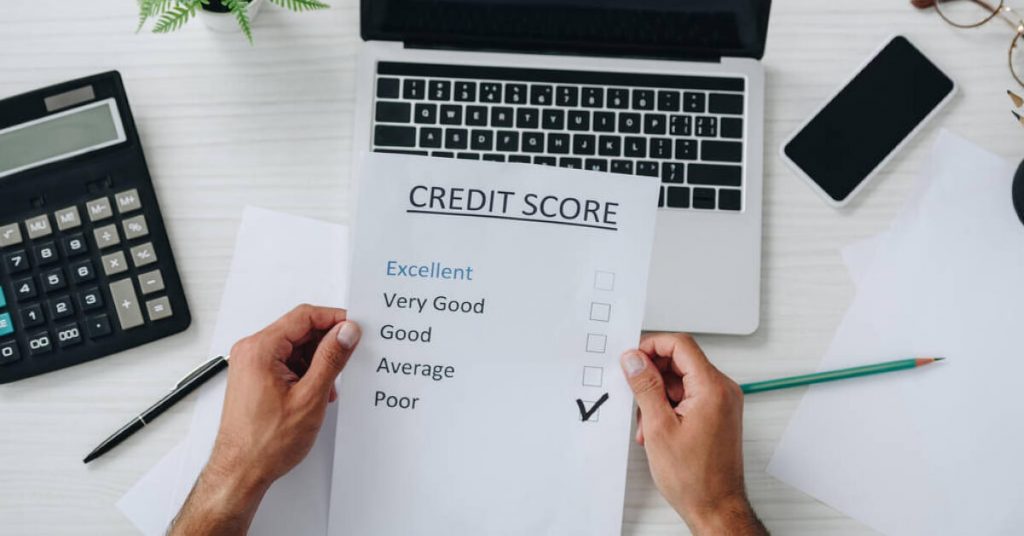
Conclusion
Credit accounts can significantly help you improve your financial life, especially if you currently don’t have the budget you need to pay in cash.
As a starter, you will begin with no credit score at all.
However, keep in mind that you have to make wise credit decisions and increase your credit scores for a great financial standing once you start.
For article suggestions or credit inquiries, please feel free to leave a comment below!

